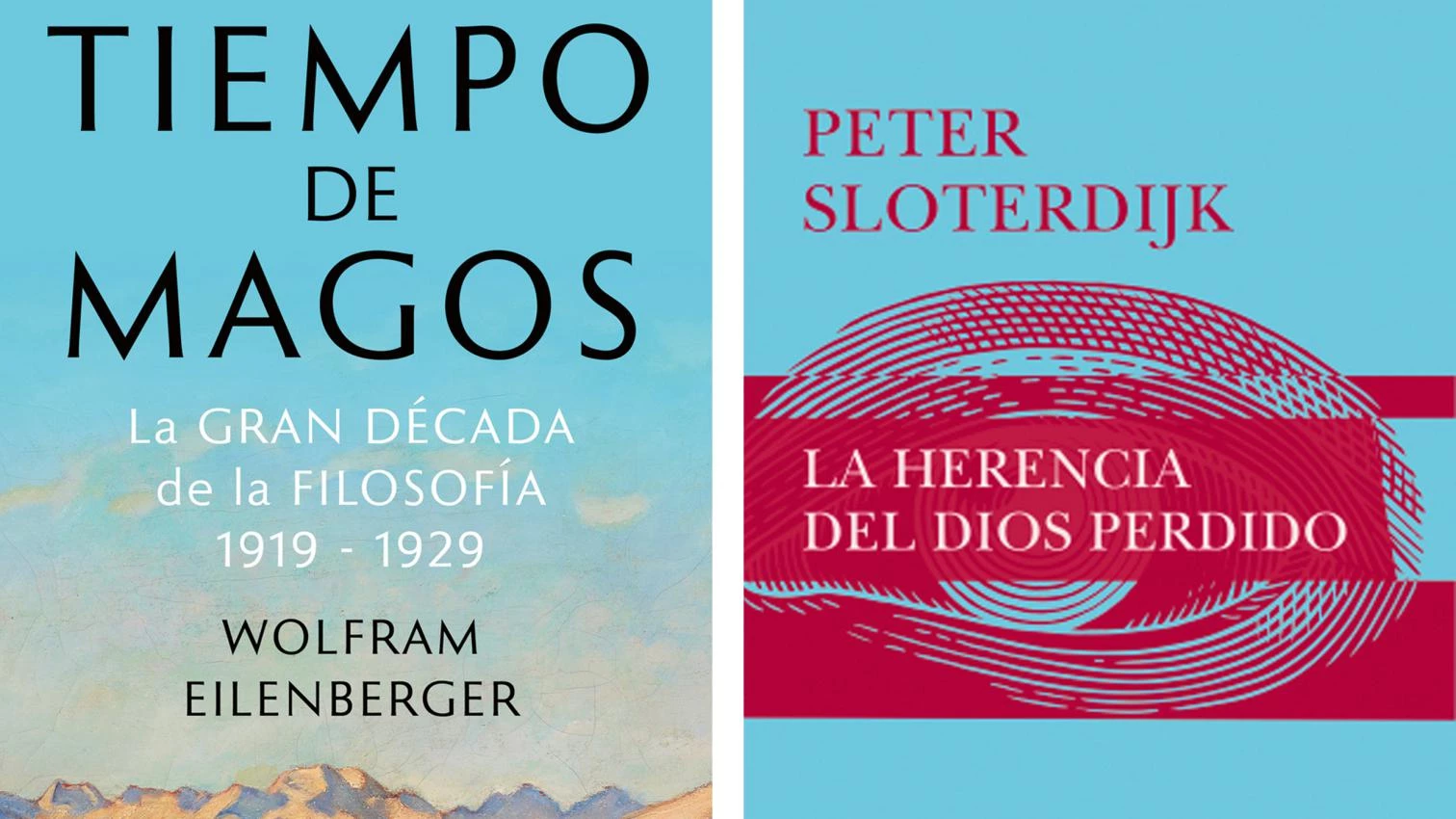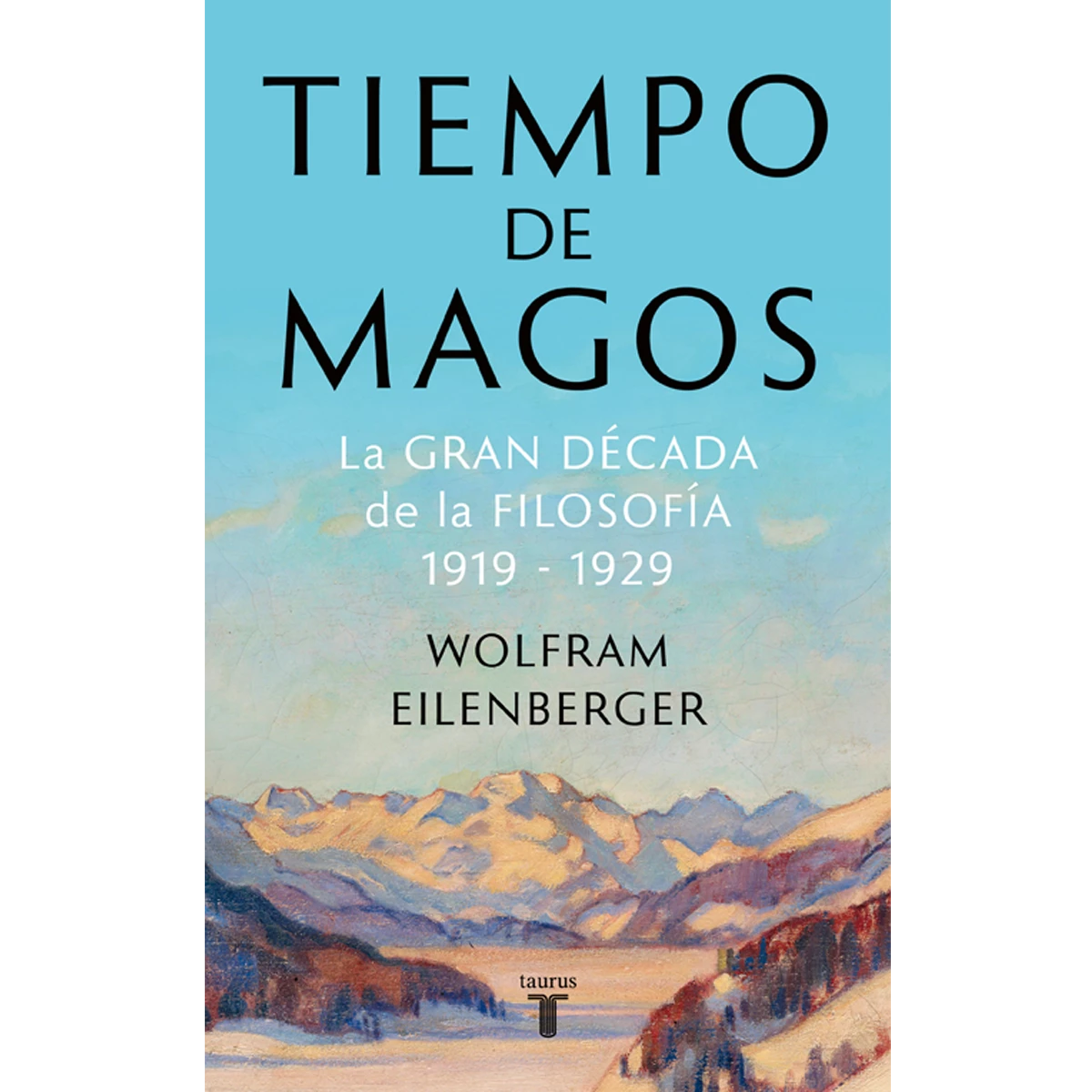
Two recent books can change the minds of those who do not believe in the power of philosophy to inspire. Zeit der Zauberer intertwines the lives and oeuvres of four legends – Ernst Cassirer, Ludwig Wittgenstein, Martin Heidegger, Walter Benjamin – during the decade following World War I; Nach Gott compiles texts where Peter Sloterdijk covers the terrain where philosophy and theology meet, and explores religious beliefs in relation to science, culture, and politics. Products of the German philosophical tradition, both publications throw light on history and the present.
Erudite and entertaining, Wolfram Eilenberger’s book brings back a less known figure, Cassirer, the consistent author of The Philosophy of Symbolic Forms, one of the leaders of Kantian idealism in the German university until his Jewish origins forced him to leave the country; traces the trajectories of the two giants of 20th-century thought, Wittgenstein and Heidegger, born in the same year but different in nearly everything, while sharing theological roots and mystical inclinations; and includes the chaotic, inconstant Benjamin, unsteady both intellectually and personally, ever undecided between Moscow and Jerusalem.
Architects will enjoy the account of Wittgenstein and Paul Engelman constructing the Vienna house that reflected the philosopher’s obsessive nature; the story of ‘house builder’ Heidegger nevertheless having his wife, Elfriede, design the mythical cabin in the Black Forest; and Benjamin’s description of the Parisian passage, ‘both cave and house, both corridor and room.’
More difficult is Sloterdijk’s work, which includes texts from lectures. In them, the philosopher shows himself as a public intellectual, and is dazzling in his presentation of Luther; his anthropological defense of eugenics; his recounting of the history of neurosis; his interpretation of life as “the successful phase of an immune system” and the proposal – following Hans Jonas – of a new categorical imperative, this time ecological; and his recollection of William James’s defense of the fundamental right to believe.
The American philosopher also plays a central role in the final chapter, a foreword to the German version of his book The Varieties of Religious Experience, and in it Sloterdijk associates Modernity with a new theology, which by depriving us of a transcendental god makes the world monstrous, begetting monsters like “Tyrannosaurus rex, Homo sapiens and ebola virus.” But when humanity faces a new virus, perhaps our immune system will benefit more from modern medicine than from the transcendental god of the German philosopher.







